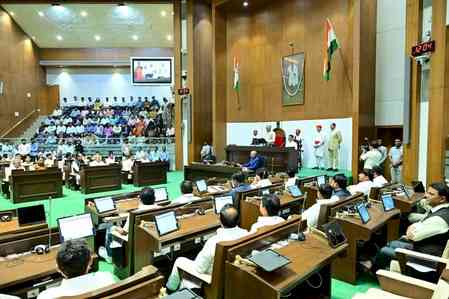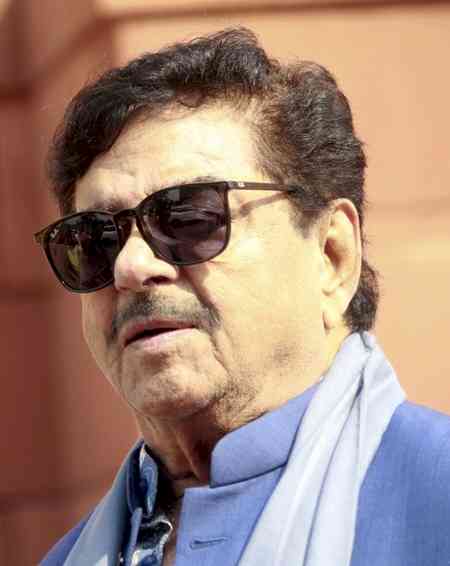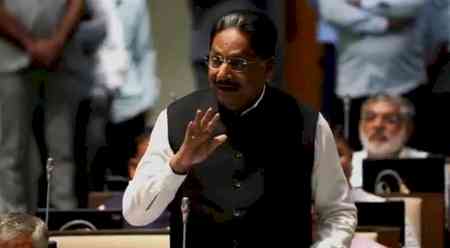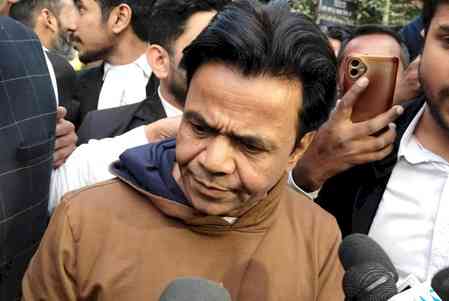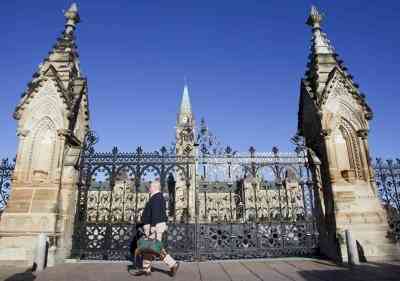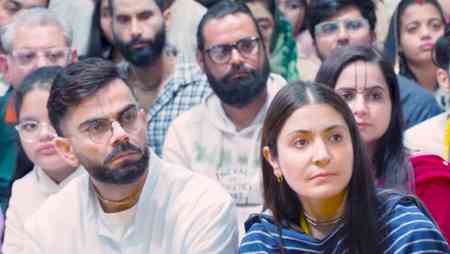Build efficient electric charging infrastructure for turbocharging India’s electric vehicle ecosystem
Summit on Electric Vehicle Technologies organized by PHD Chamber of Commerce and Industry
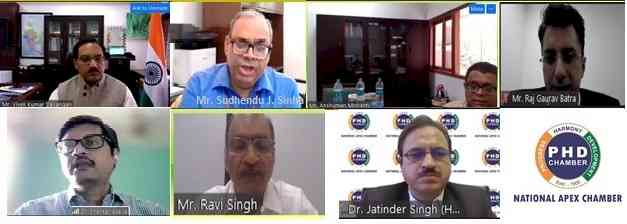
New Delhi: Electric charging infrastructure is a critical area of focus for electric vehicles and its setup is important. The government is working with district authorities for setting up charging centers in various cities of India. India needs to go towards a low carbon economy and increase its share of oil-based fuels, deliberated Mr. Vivek Kumar Devangan, Additional Secretary, Ministry of Power, Govt. of India in the summit on Electric Vehicle Technologies organized by PHD Chamber of Commerce and Industry.
Mr. Vivek Kumar Devangan, while deliberating about the need for electric mobility and its adoption in the countries like US, Japan, China, mentioned that India is also coming as a forefront player in the adoption and implementation of electric vehicles. India is collaborating with countries around the world to meet its aspirations. He shared that India has achieved its energy surplus capacity and now it’s time to utilize it to meet the requirements of electric vehicles.
Talking about the challenges faced in e-mobility, Mr. Vivek Kumar Devangan mentioned that we need to aim to reduce emissions in the coming years and we are going to achieve zero emissions, energy conservation, and prevention in the coming years.
Mr. Devangan emphasized that charging infrastructure is a critical area of focus for electric vehicles and its setup is pivotal in a lot of cities of India.
He shared that guidelines for charging ports have been issued by the government of power and phase 1 will focus on million-plus people cities. The government is working with district authorities for setting up charging centers. He also shared that state nodal agencies will act as key facilitators for charging centers. Under the campaign of Go Electric, every key industry stakeholder is getting involved in creating public awareness about electric vehicles.
Mr. Vivek Kumar Devangan opined that multiple stakeholders are getting involved in the seamless implementation of the public charging station. Coming together of multiple stakeholders viz. private companies, local bodies, various ministries, and departments will be able to successfully carry out go electric campaign and increase the use of electric vehicles which will help India to be a low carbon green economy.
Mr. Anshuman Mohanty, Economic Advisor, Transport Research Wing, Ministry of Road Transport and Highways, Govt. of India mentioned that when we talk about Aatma Nirbhar Bharat, the objective needs to be to produce in India and be less dependent on foreign counties at the same time increase our spread around the world. India needs to cater to all electronic segments including IT, Medical, Power, Aerospace, and others. We need to produce electronic items and ensure their quality standards as well. Government needs to have a holistic integrated approach to meet the requirement of the nation and achieve the goal of a self-reliant India.
Mr. Sudhendu J. Sinha, Advisor, Infrastructure Connectivity and Electric Mobility, NITI Aayog, Govt. of India while sharing his governance perspective towards R&D, mentioned that our technologies need to have the best of global standard, produce low carbon emissions and be less dependent on import from other countries. He mentioned that R&D has played a major role in EV and is on the thrust of National Mission on Transformative Mobility and Battery Storage. NITI Aayog has attempted to create an eco-system in which R&D has become a focus area. We are involving educational institutions in the field of transformative mobility and other R&D areas. He informed that state governments are focusing on their EV policies and we are in the process of the writing process of the standard at the same time making sure that charging points can be facilitated in the personal and public spaces of the nation.
Mr. Ravi Singh, Business Head- North and East Region (Certification/Training/Sustainability), TUV India Pvt. Ltd in his presentation on standard and certifications landscape for electric vehicles discussed the standard governance structure; compliance requirements and key reference standards applicable to electric vehicles; EVSE; plugs, receptacles, and connectors, and batteries. He emphasized that regulations and standards are still evolving in the electric vehicle domain.
Dr. Shankar Akella, General Manager, EV, and eMobility Technology, Ashok Leyland Limited in his technical presentation deliberated about EV Vehicles' batteries and types of charging. He discussed the electric vehicle charging infrastructure in India for 2, 3 and 4-wheeler vehicles and buses where the infrastructure set is available in selected cities, but vehicles need to increase to cater to the demand.
Mr. Raj Gaurav Batra, Co-Chair, ICT, and Electronics Committee, PHD Chamber in his welcome remarks discussed India’s EV Policy to boost electric mobility, the government aims to support through subsidies and focus on creating electric charging infrastructure. He suggested that there needs to be lower GST on EVs. He mentioned that India has three key strategic imperatives to look at EVS which are higher carbon emissions; fuel security risk and lower power demand.
Talking about the ET Technology trends, Mr. Batra shared that 2W and 3W will grow faster along with CVs. Passenger vehicle growth will be albeit a little slow. IoT integrations will help connected vehicles and LED lighting in EVs is the way to go as Energy consumption is required. There is a need to build infrastructure for charging stations and battery swapping models.
The summit was moderated by Dr. Jatinder Singh, Director, PHD Chamber, and was attended by many industry stalwarts pan-India. /(March 18, 2021)



 cityairnews
cityairnews 
